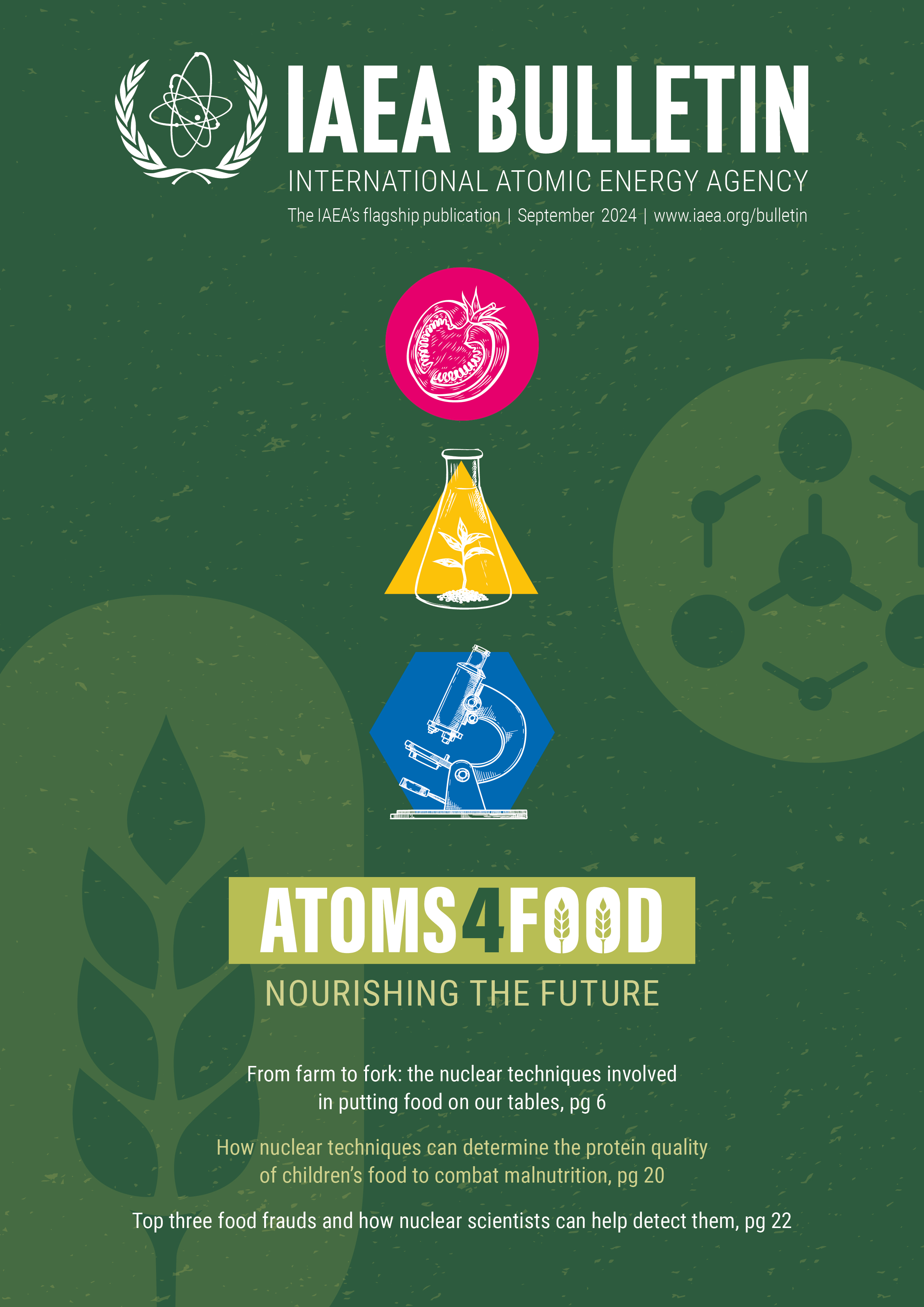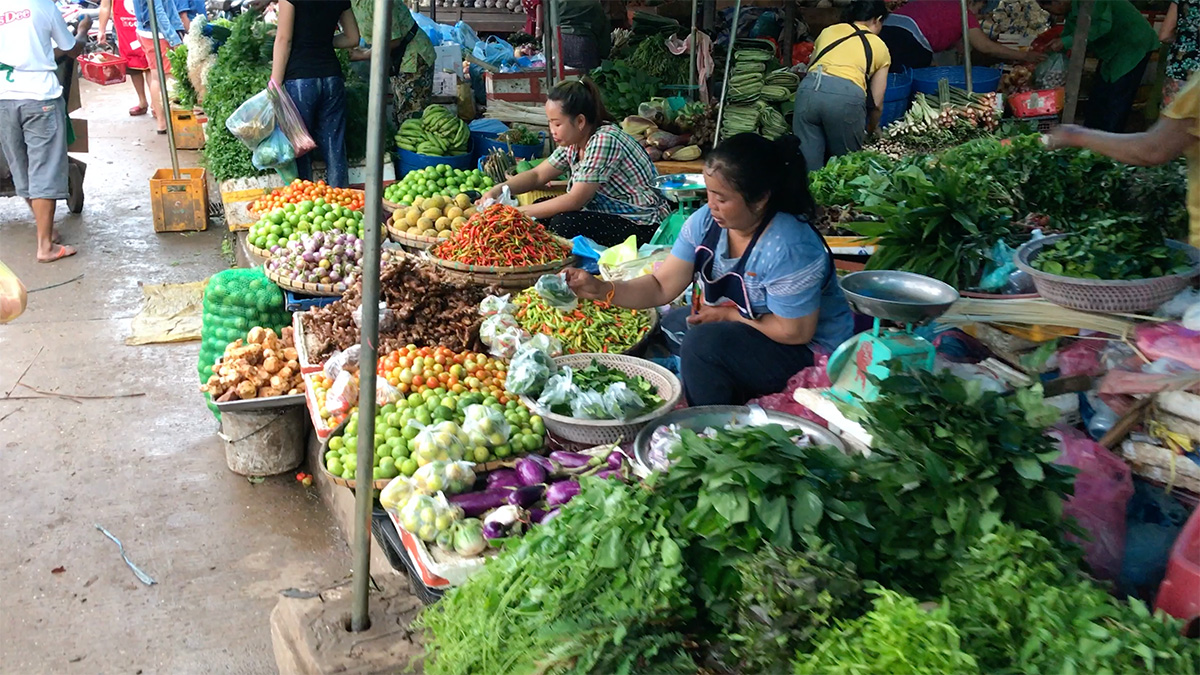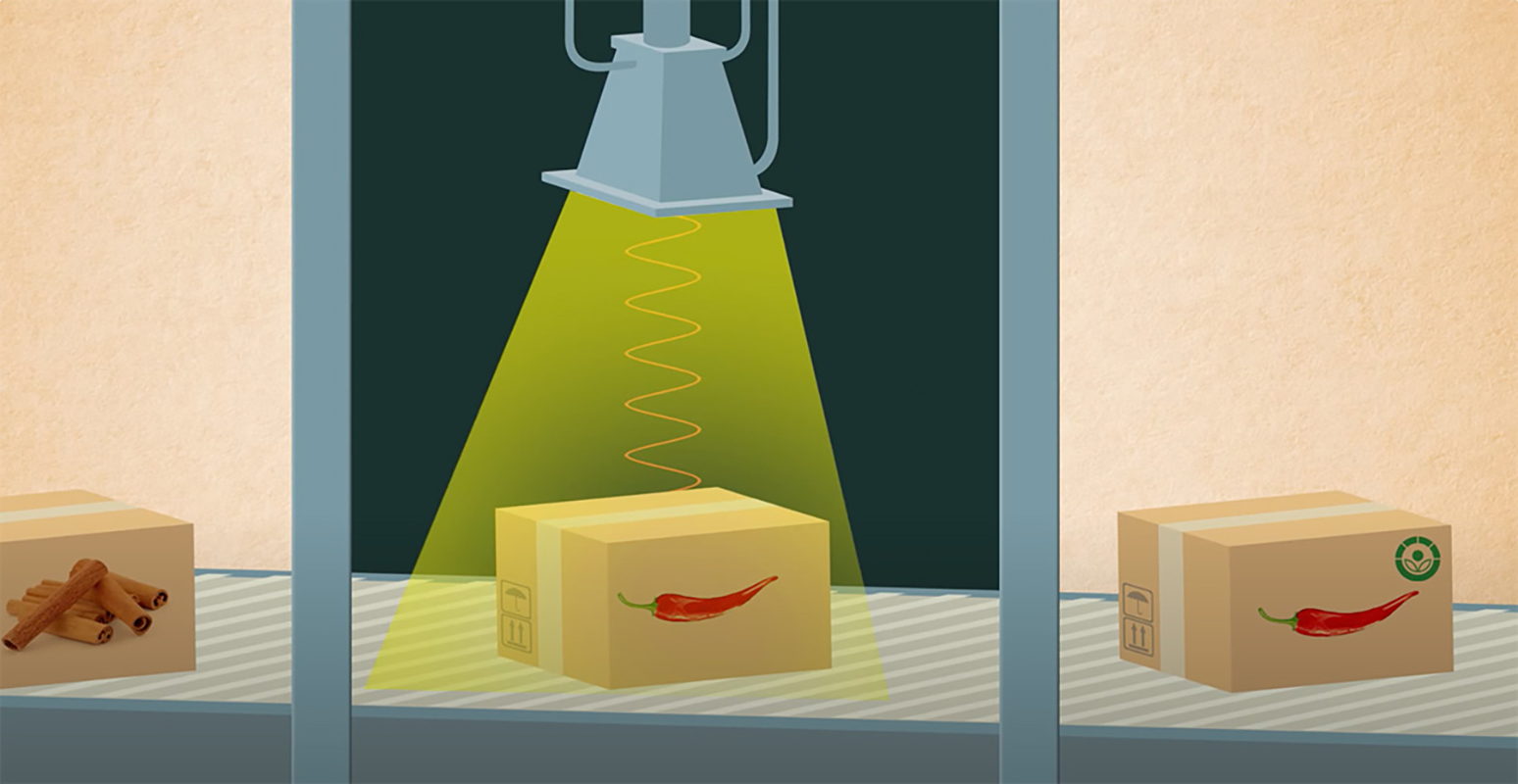As the climate changes, the range of insect pests is increasing as territories become newly habitable for species that would never previously have been able to support breeding populations there. Invasive pests can damage environments and ravage agricultural production. Strict controls prevent them from spreading, including restrictions on trade in fresh fruit and vegetables.
Facilitating trade with other countries while preventing the spread of pests is important for countries such as Viet Nam, where agriculture accounts for a quarter of gross domestic product and provides a livelihood for 60 per cent of the population.
The intensifying heat makes food-borne infections and toxins more common and promotes the spread of fungal growth and spoilage. With the support of the IAEA, through its technical cooperation programme, Viet Nam is using nuclear technology to improve food safety and increase agricultural productivity and sustainability.
By irradiating food with electron beams (e-beams), X-rays or gamma rays, Viet Nam can ensure that its imports and exports of fresh fruit and vegetables are free from insect pests, enhance food safety by preventing food-borne illnesses, and extend the shelf life of food products that would otherwise be spoiled by the growth of bacteria and fungi.


